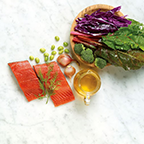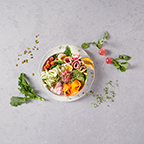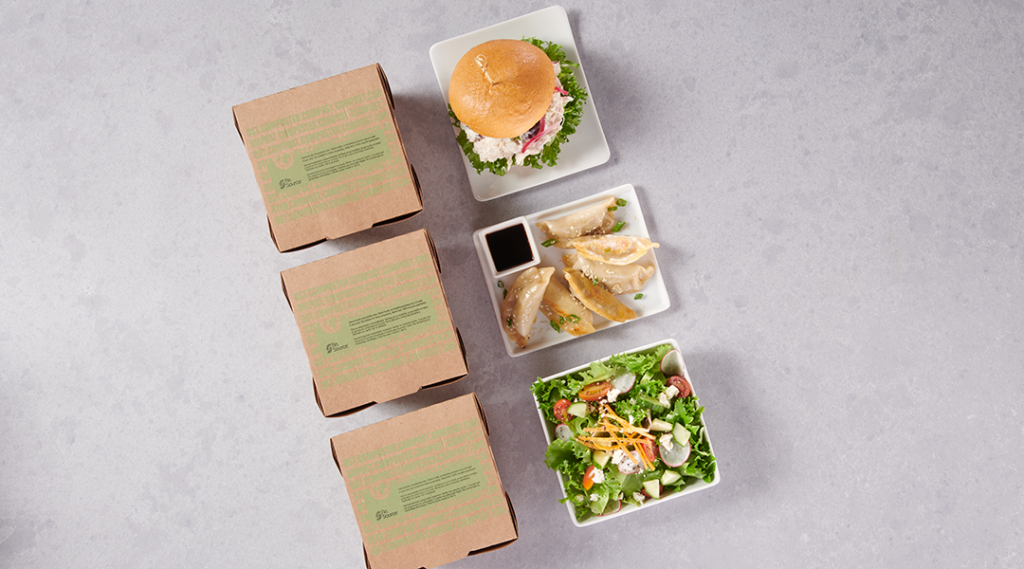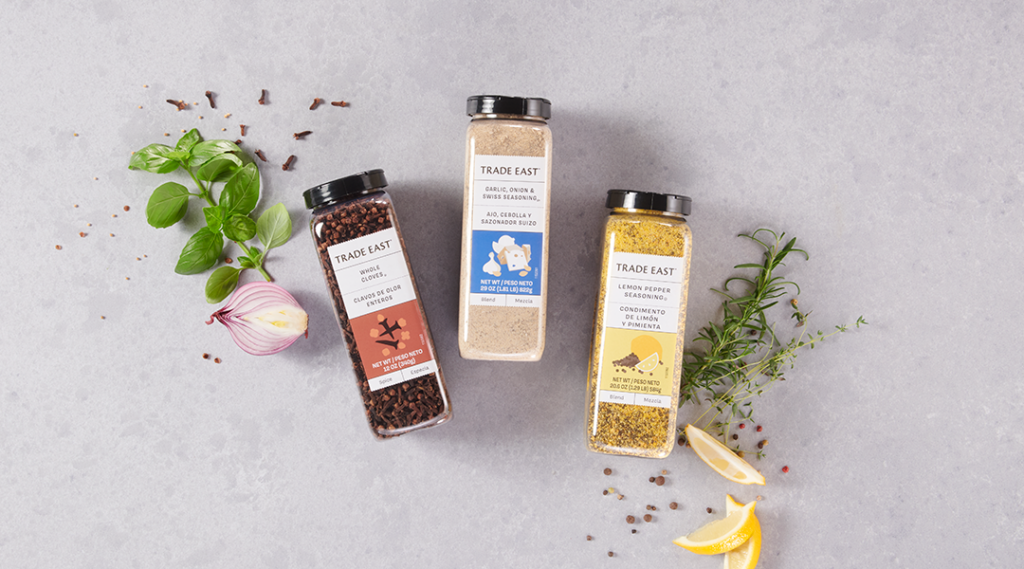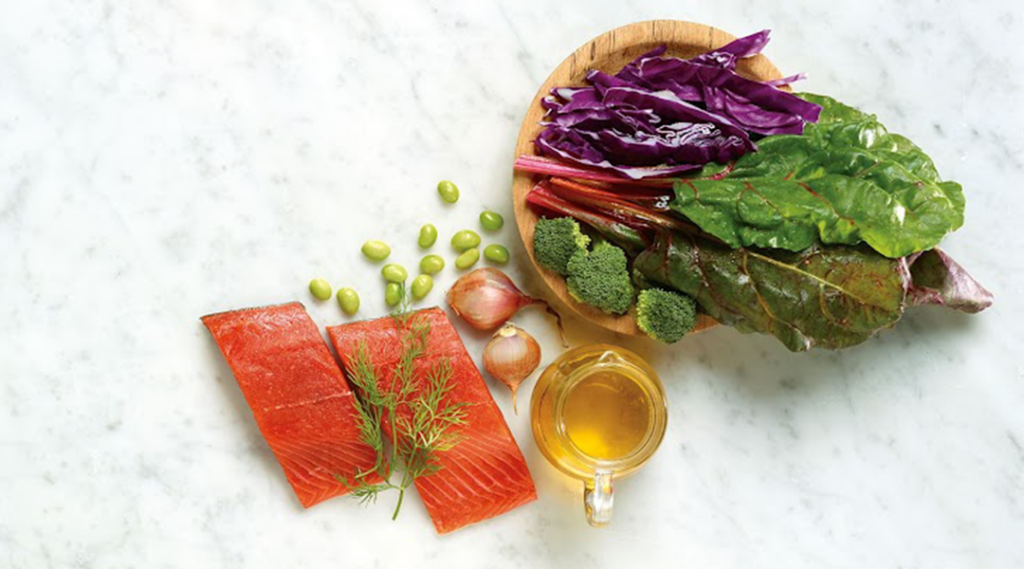The Mediterranean diet was big news in 2013. In a report published in the Annals of Internal Medicine in November, researchers examined the dietary habits of more than 10,000 women in their mid-50s to mid-60s, and compared how healthy the women were fifteen years later.
The results were conclusive.
Study participants who followed a healthy Mediterranean-style diet were more than 40% more likely to live past 70, and had fewer chronic illnesses, physical limitations, and mental degenerative problems associated with aging.
The results probably came as no surprise to doctors and dietitians, who have recommended this kind of eating for decades. But for a rapidly aging general public fighting serious health issues like obesity and diabetes, it’s huge.
What is the Mediterranean Diet?
The Mediterranean Diet is not a diet per se. It’s just a lifestyle. It’s the way people eat in Crete, parts of the Middle East, coastal Greece and Southern Italy.
Mediterranean diet recipes primarily rely on:
- Plant-based foods. Fruits, vegetables, whole grains, legumes, and nuts are the basis for most dishes and take up most of the plate.
- Saturated fats such as butter are replaced with healthy fats; olive oil is a staple of the region.
- Reduced sodium. In Mediterranean cooking, herbs and spices such as cardamom, mint, and sumac are used to flavor dishes instead of salt.
- Less red meat, which means less saturated fat. Typically, red meat is eaten once a week at most. Leaner fish and poultry are eaten at least twice a week.
The Mediterranean diet makes plant-based foods the star of every meal. Typically, people in the Mediterranean region average six or more servings of fruits and vegetables per day.
Nuts, seeds, beans, whole grains, and bread (without butter) are part of the daily diet as well. And be sure to keep good red wine in stock; a glass or two is the perfect accompaniment to an authentic Mediterranean meal.
Why Mediterranean Food is On-Trend
Over the last few years, healthy food has dominated the national conversation, and restaurants have struggled to keep pace with passing fads. Not long ago, low-carb was all the rage, against the advice of the majority of doctors and experts, who have always advocated a well-balanced approach to eating.
Mediterranean menus are full of flavorful, healthy choices to satisfy both diners and doctors. The health benefits are well-documented and address some of the most prevalent health problems in the country. With 80 million Baby Boomers aging rapidly, this is the perfect time for the Mediterranean diet to capture and keep the national spotlight.
Popular Restaurants Tracking the Mediterranean Trend
Fast-casual franchise Garbanzo Mediterranean Grill first opened in 2008 and took off like wildfire. Now there are 27 locations in 10 states and several more scheduled to open soon.
Roti Mediterranean Grill, a Chicago-based chain, has 19 locations in three states, several soon to open, and more in the works for 2014. Not bad for six years in business.
After 18 years and 15 states, Zoës Kitchen proves every day that Mediterranean food is not just a fad. Zoës concept is simple, “if it wasn’t food 100 years ago, it’s not food today.”
Originally founded as a “gelateria”, Caffe Luna Rosa offers an authentic Italian dining experience with tasty Mediterranean dishes.
Individual restaurants and chains aside, Mediterranean ingredients are popping up all over the place. Restaurants like Panera Bread, Perkins, and Boston Market are adding new dishes to their menu, and perennial favorite T.G.I. Friday’s has a number of Mediterranean inspired dishes, salads, and appetizers on the menu.






